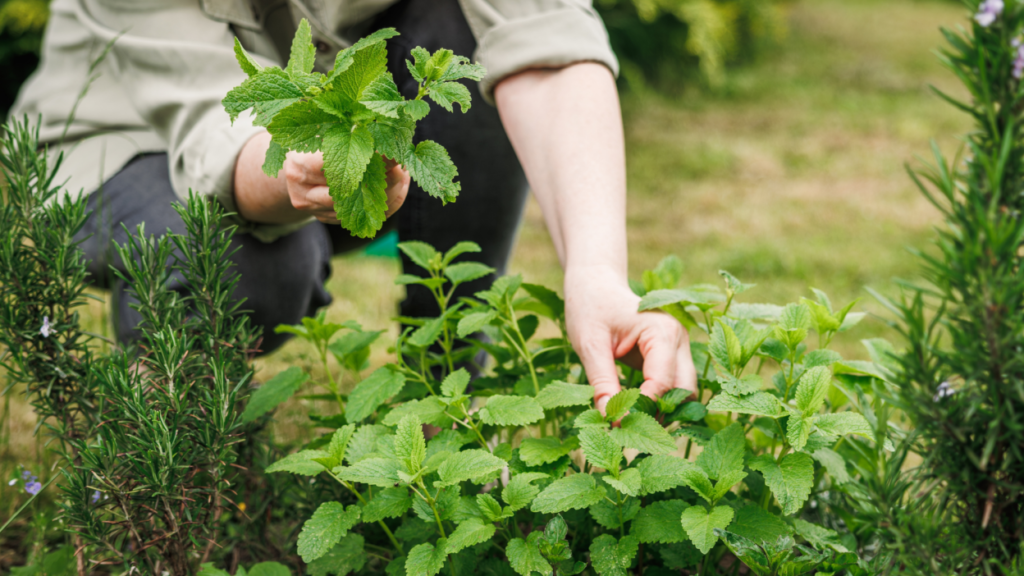
There are a lot of garden “spreaders” that are dropping seeds soon. If you don’t do some manual thinning now, next year is going to be bad.
It’s fair to say that the goal of many gardeners is to create a self-sustaining yard. This means that each year, plants that will self-seed, perennialize or just reliably sustain themselves are added to the yard. You might think that active spreaders would be welcome in the home garden. A word of warning, though: if you do nothing about them now, they will only become more problematic next year.
What do I mean by “spreaders”
While there are some plants that are considered to be invasive and should not be planted, spreaders aren’t as black and white as that. They can serve a purpose, and not yet be considered invasive, but they will crowd out your other plants.
Most common spreaders you should get rid of
Mint: Mint can be dropped by birds and will grow anywhere. And, it’s usually not even good mint. But when you get good mint, though, remember it will spread. In fact, mint will spread beyond a container through the roots. For that reason, you should keep it in a planter on concrete to contain it.
Fennel: Fennel can’t be grown with anything else. It tends to have a chemical reaction that will stall out growing on any other vegetable. It demands it’s own space. It will take over that space and anything nearby. Diligent thinningis necessary. Really conside if you actually want fennel to begin with.
Asters: Asters are actually wonderful. They are native and an ideal late-season-flower. The same could be said for yarrow. However both will self-seed and could take over any space. Don’t be afraid to tear them out.
Savory: Savory is a delightful green but is a fast spreader. It will take over any space. To keep it in check, dig out full divisions throughout the season. Do not let it go to seed.